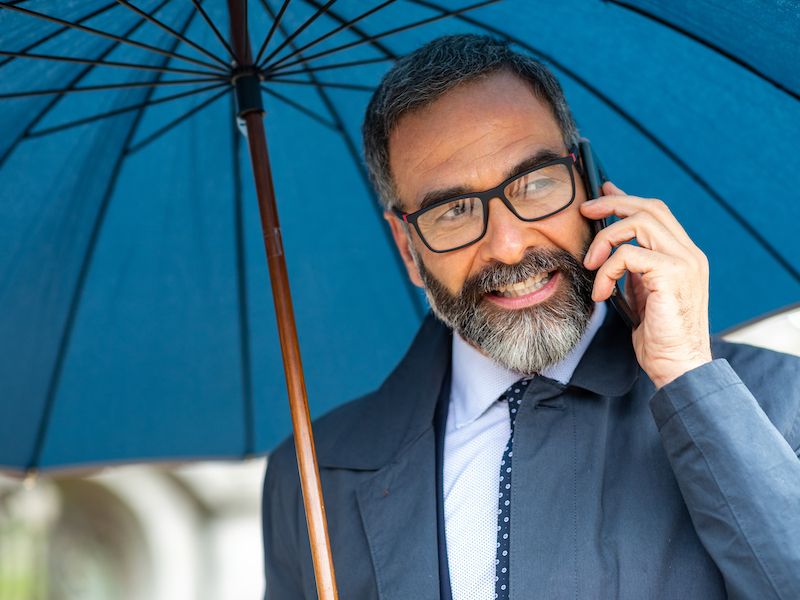
John’s having a hard time at work because he doesn’t always make out conversations. He’s in denial and continues telling himself that everyone is mumbling. He feels that you have to be old to use hearing aids, so he hasn’t scheduled a hearing test and has been steering clear of a hearing test. Unfortunately, he’s been turning up the volume on his earbuds in the meantime and doing considerable damage to his ears. Sadly, his resistance to acknowledging he has hearing loss has prevented him from getting effective treatments.
But what John doesn’t recognize is that his viewpoints are antiquated. Because the stigma around hearing loss is becoming less prevalent. Specifically, with younger people, it’s far less pronounced, even though you may still encounter it to some extent in some circles. (Ironic isn’t it?)
What Are The Problems With Hearing Loss Stigma?
The cultural and social associations with loss of hearing can be, to put it simply, not true and not helpful. Loss of vitality and aging are oftentimes associated with loss of hearing. The concern is that you’ll lose some social status if you disclose you have hearing loss. Some may think that hearing aids make you seem old or not as “cool”.
You could be tempted to consider this stigma as somewhat of an amorphous issue, detached from reality. But there are certain very real implications for individuals who are trying to cope with the stigma of hearing loss. Including these examples:
- Difficulties in your relationships (Your not just tuning people ot, you just can’t hear them very well).
- Obstacles in your occupation (maybe you didn’t hear a significant sentence in a company meeting).
- Putting off management of hearing loss (leading to needless troubled and undesirable results).
- Difficulty finding employment (it’s unfortunate, but some people may buy into the stigmas around hearing loss even if it’s not entirely legal).
There are quite a few more examples but the point is well made.
Fortunately, changes are happening, and it genuinely does seem as if the stigma over hearing loss is on its way out.
The Passing of Hearing Loss Stigma
There are a number of substantial reasons why hearing loss stigma is on the decline. Population demographics are transforming as is our perception of technology.
More Younger Adults Are Suffering From Hearing Loss
Younger adults are dealing with hearing loss more often and that could very well be the biggest reason for the decline in the stigma connected to it.
Most statistical studies put the number of people with loss of hearing in the U.S. about 34 million, which translates into 1 in 10 people. Most likely, loud sounds from many modern sources are the primary reason why this loss of hearing is more widespread than ever before.
There’s more discussion and knowledge about hearing loss as it becomes more widespread.
We’re More Confident With Technology
Maybe you were concerned that your first pair of hearing aids would make you look old so you resisted using them. But now hearing aids almost completely blend in. No one really even sees them. This is also, in part, because hearing aids are smaller than ever before and in most cases are very subtle.
But hearing aids also typically go unobserved because these days, everyones ears seem to have something in them. Everyone is used to dealing with technology so nobody cares if you’re wearing a helpful piece of it in your ear.
An Overdue Shift in Thinking
Obviously, those two factors are not the only causes for the retreat of hearing loss stigma. Much more is generally understood about loss of hearing and there are even famous people that have told the public about their own hearing loss situations.
There will continue to be less stigma about loss of hearing the more we see it in the world. Now, of course, we want to prevent loss of hearing in every way that we can. The ideal would be to change the trends in youth hearing loss while battling against hearing loss stigma.
But at least as the stigma fades, more people will feel secure scheduling an appointment with their professionals and undergoing regular exams. This will keep people hearing better and improve general hearing health.

